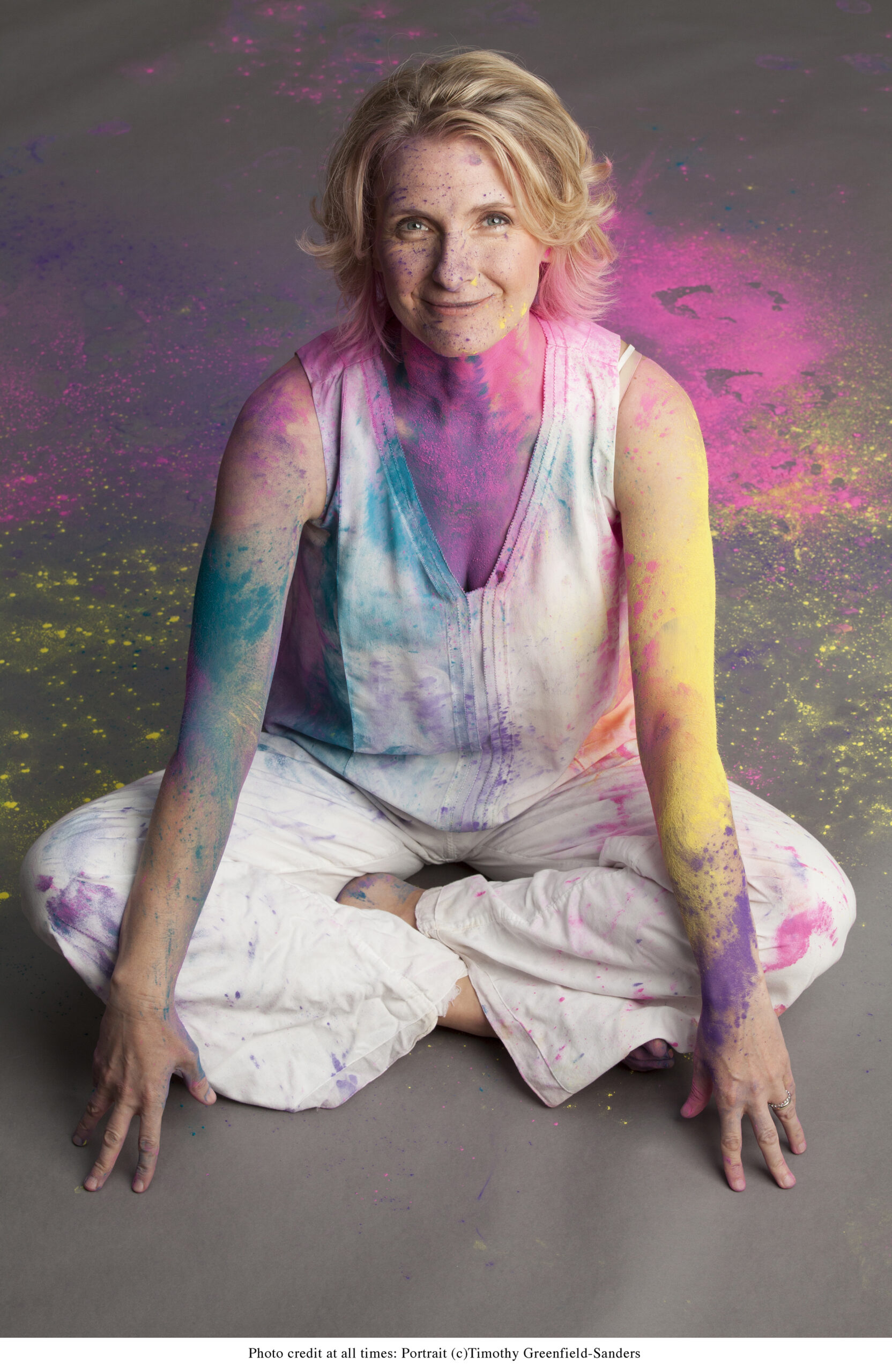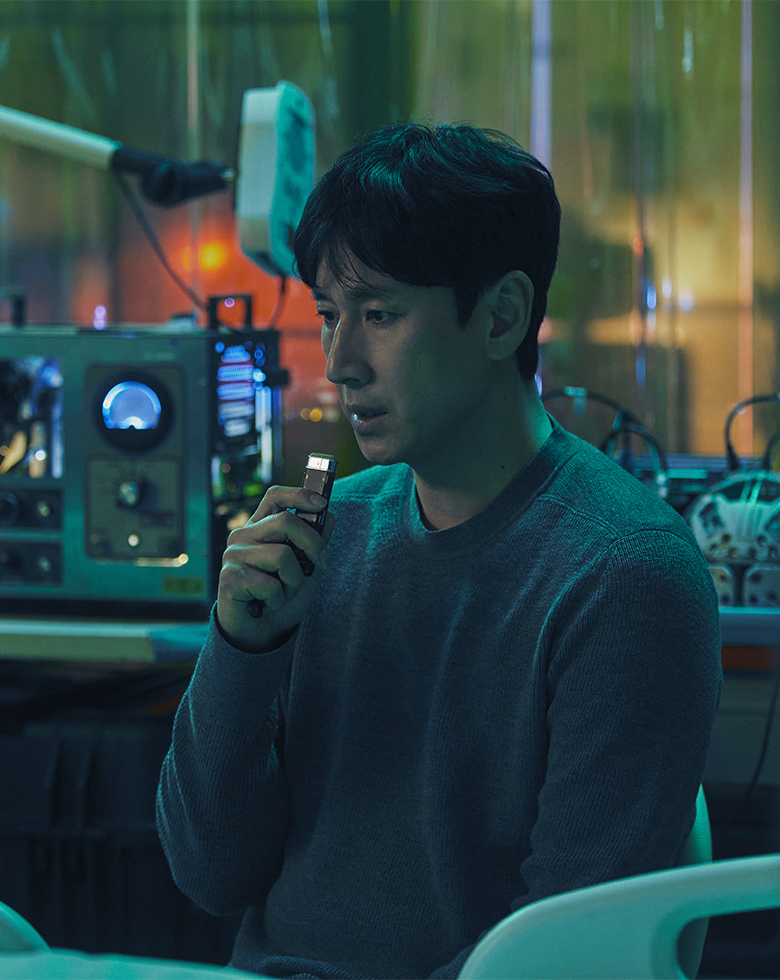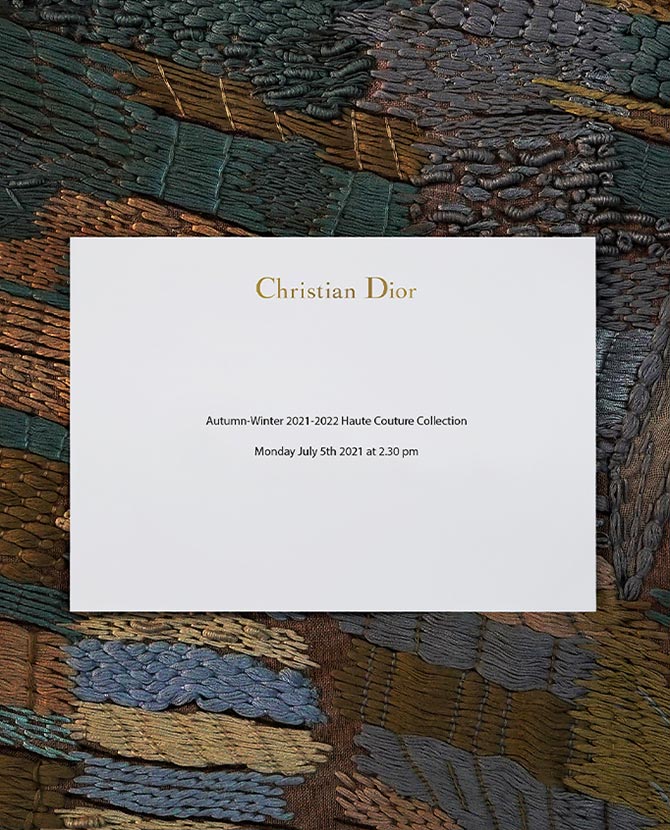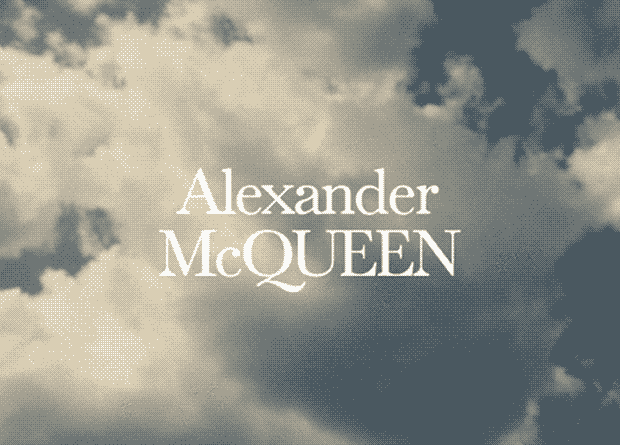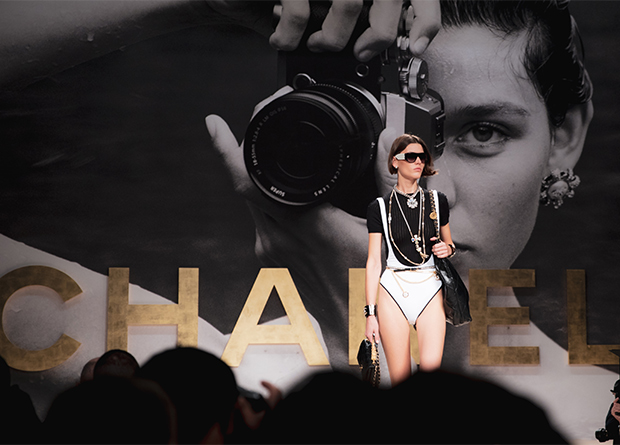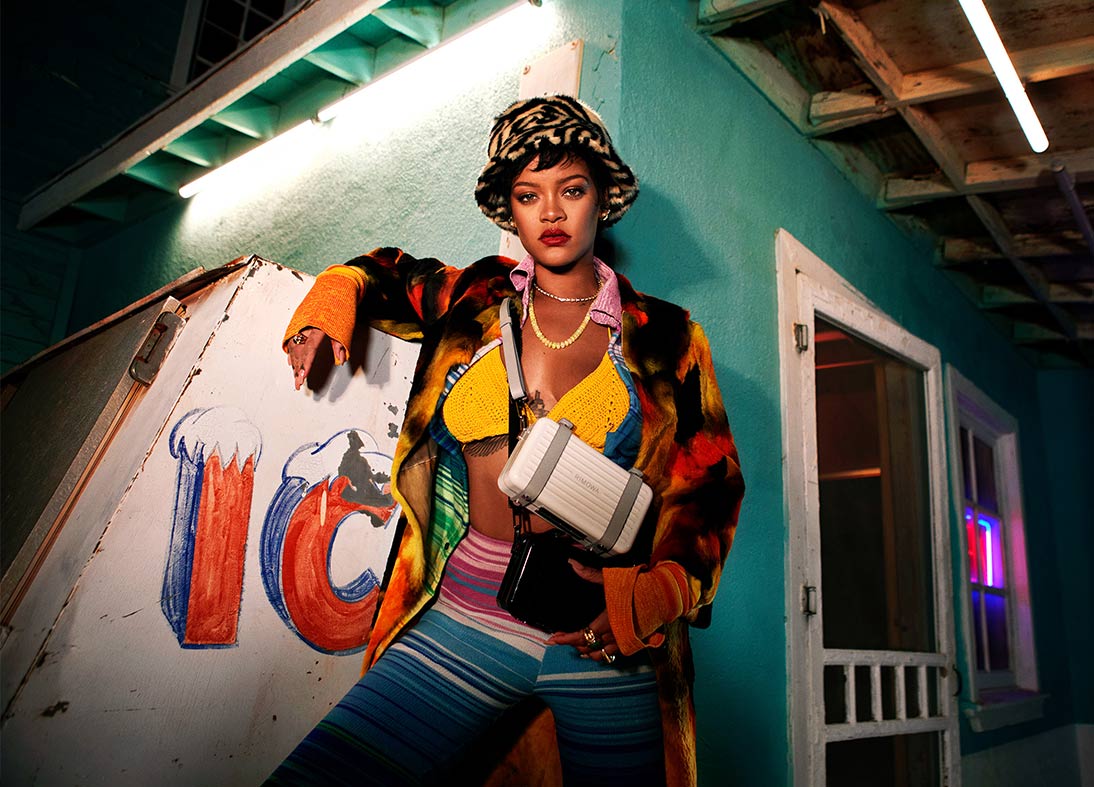Eat, Pray, Love and then? Elizabeth Gilbert shares
The journey never ends.
- 30.11.2021
- By RAHAT KAPUR
RECOMMENDED
The Singapore Writers Festival (SWF) took place this month, running from November 5 to November 14. In celebration of all things ‘Guilty Pleasures’, this year’s festival has truly been an extravaganza of sorts – with authors dialling in from all around the globe as travel restrictions continue, and our digital connections endure.
Still, even distance cannot take away from the presence of some of the world’s most talented writers, authors, speakers and thought-leaders who attended the festivities this year. From classic horror with the renowned R.L. Stine, author of the infamous and legendary Goosebumps series, to Julia Quinn, author of the now cult-favourite, Bridgerton on Netflix to even Queer’s Eye’s very own, Tan France. The 2021 SWF brought together the brightest, boldest and most open-minded of voices, each sharing in their own way their relationship with guilty pleasures and how to find self-acceptance, identity and joy in them, even when we’re scared to.
No one knows more about this than Elizabeth Gilbert. Her book – Eat, Pray, Love: One Woman’s Search for Everything Across Italy, India and Indonesia has sold more than 30 million copies worldwide since its release in 2006. It’s also perhaps, the most popularised depiction of self-discovery, overcoming guilt, embracing pleasure, understanding self and uncovering joy, that there has ever been in modern literature. Inspired by the true story of Gilbert’s awakening in her mid-thirties, the memoir tells of how the educated, successful and career-driven writer (who was married with a home and a husband) realises her profound unhappiness inspite of seemingly ‘having it all’. After a divorce and another disappointing relationship that follows, she decides to embark upon a self-discovery journey, traveling the world alone and documenting her experience.
Buro. Singapore had the chance to speak with Elizabeth as part of the SWF 2021. Below, she shares the details of writing after her best-selling book, life after lockdown, her thoughts on the future of preserving journalism, and how she found liberation in her own form of feminism after breaking away from writing about men.
Buro.Singapore: Hi Elizabeth! How have you been? Not just from the creative, but also a personal perspective?
Elizabeth: You know what? I’ve been sort of a split figure, emotionally. As a citizen of the world, I’ve been in a lot of grief – particularly for the amount of suffering that the world has been hit by with this pandemic. Especially so when it comes to the most vulnerable populations, which is always how it is. The more vulnerable you are in society, the more these things kick you in the teeth. On a personal level? For me, it’s been a time of tremendous peace and reflection and solitude. I think the pandemic did for me, what I would never have been able to do for myself – which is to pull the plug and say, and now you’re going to be very still for a year-and-a-half. It’s something I would have ever known that I needed as desperately as I did. It’s particularly been an interesting time to have things confirmed. Such as, I’ve long suspected that I’m an introvert trapped in an extrovert’s body and this definitely confirmed it! Because nobody had a nicer time in quarantine that I did. I really enjoyed the solitude and the privacy and came out of it with two projects that I’m currently working on. I came out a changed person. I don’t think I can’t actually move at the pace that I was moving at before, and I’m very happy with who I’ve become through through this time.
Buro.Singapore: Speaking of pace – you started your career as a journalist, with publications such as Esquire and GQ. How do you think that journalism overall has evolved not just due to the pandemic, but more widely? What do you think are its modern strengths and weaknesses?
Elizabeth: God, I mean, it’s unrecognisable from what it was when I walked into it. The path that I took and the life that I had as a journalist – it literally doesn’t even exist anymore. Sometimes I get together with my old friends from GQ (I actually recently had dinner with my friend, Jim Nelson, former Editor-in-Chief of GQ) and we were just marvelling at what we used to do. They would send me to New Zealand for three weeks to go on an expedition, searching for the giant squid! Can you imagine? Going to New Zealand to take two months to write that story – and it’s going to be 12,000 words! When I think about how social media and the internet have created rooms of expression, where people can take the power into their own hands to tell their own stories in their own ways, it seems like something totally unimaginable. Now, people are doing all sorts of remarkable independent things. Which I think is really fascinating. But then of course, there’s dark side of that – which is people are making up their own information. I think that frankly, is terrifying for me.
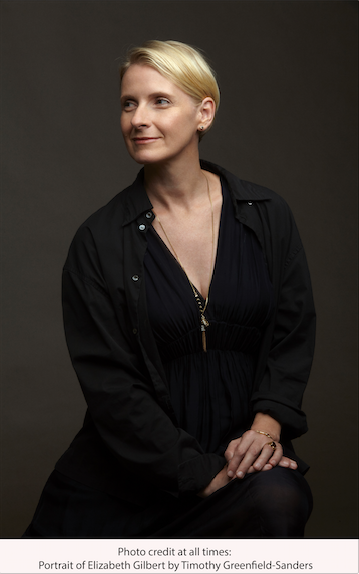
Buro.Singapore: How have you found adapting to fiction, after what can be quite a rapid pace of writing in journalism?
Elizabeth: You know it actually went the opposite way, believe it or not! I actually got started in fiction and I never had any intention of being a journalist. I was writing all the time, but I didn’t even know what journalism was. I didn’t go to journalism school. I was a creative writer, that was my thing. I first got published in Esquire (for fiction), and I had this collection of short stories that I’d been working on for years. I showed them to this woman – who became and is still – my literary agent. At the time, I was a bartender, I was a waitress and I was doing all sorts of side hustles to make a living. So when she said, “Would you be interested in writing for magazines? Because you could probably make a living out of that.” It was such a revelation to me! I couldn’t have imagined at the time that there could be a way to make a living that way, other than being a part-timer. So that’s how I came into it. I came into it as a long form writer, like profile writing. It’s actually not that different working on a short story for a few months, than it would be working on a 13,000-word feature article. The main difference was that I learned how to be edited, and I learned how to cut things out without too much preciousness. That in itself has definitely made me a better writer.
Buro. Singapore: You’re of course, most popularly known for Eat, Pray Love – but not as many people are aware that your essay for GQ was the inspiration behind the film, Coyote Ugly. Why do you think Eat, Pray, Love has resonated on such a phenomenon-based level, when compared to some of your other amazing pieces?
Elizabeth: You know? I don’t know! I’d love to figure out how to break down the formula, so I can write another book that sells 30 million copies! I just don’t know. It’s also not that anything before it hasn’t resonated or anything after it; I’ve had a lovely career and I love my work and I’m lucky enough to be read. But it makes me laugh to look at the comparison in sales between Eat Pray, Love – and not just the book, but the sequel that came after that. Everyone was like, we never wanted this book to end, give us more! And I was like: okay, here’s the part that happened next!
Women are taught that security will come through marriage, through settling down and finding this right person. And why wouldn’t we believe that, when that’s the only thing we’ve ever done? Even though, all the evidence points to the likelihood of you getting lost in one more easily than anywhere else. I think that’s maybe why my story feels very common. I did the thing everybody told me I was supposed to do in order to find contentment. Yet I was desperately lost and miserable. I think the book is almost like a giant permission slip and has allowed a lot of women to not just leave bad relationships that weren’t working, but gives a sense of reinforcement that they don’t need anyone’s permission to live their life in any shape that is accurate for them. It’s a message women don’t get told very often at all – which is why I think there was like this release of almost a contained effervescence, for the readers who could relate.
Buro. Singapore: Though you’ve stated in the past that you’re not an overtly advocating voice for feminism, and the intention of your work is never to champion it solely as a cause – you’ve become rather well-known for it via proxy of your characters! Even in books like City of Girls, your protagonist Vivian is well-ahead of her times (the book is set in the 1940s) and incredibly self aware. Do you see yourself as an influence in defining modern femininity? And does that put pressure on you?
Elizabeth: The American poet, Molly Peacock, has a line that I would say is my guiding torch: autonomy is the god of woman. And that’s what my stories are about; whether fiction or non-fiction. They’re about women trying to figure out how to be autonomous. In a world where women are generally allowed to be anything but. It can be tricky at times to figure out how to do that in fiction, particularly because I write historical fiction and I want it to be plausible. For characters like Vivian, she has no access to feminism as a concept based on her time-period. But freedom mattered to her. It mattered to her as much as it matters to me. Nothing matters to me more than my freedom. And the older I get, the more it becomes clear to me that I will not do well on this planet, if I am not absolutely as free as I can possibly be.
That’s free from all constructs. That’s free from other people’s theologies. It’s free from other people’s expectations and it’s free from my own past. That’s why my characters are like that as well, whether I’m writing about them in the 19th century or the 20th century. I suppose that in itself is essentially a feminist idea. But I don’t want to do it overtly, because the characters will. Does that make sense? And I consider myself very much to be a feminist. I think everything that I’ve written is feminist, but I don’t want it to have any of the academic language of feminism in it. That doesn’t stir me – even though I agree with every single word of it. I prefer breaking it down to the simple way of: what does this woman have to do to be free?
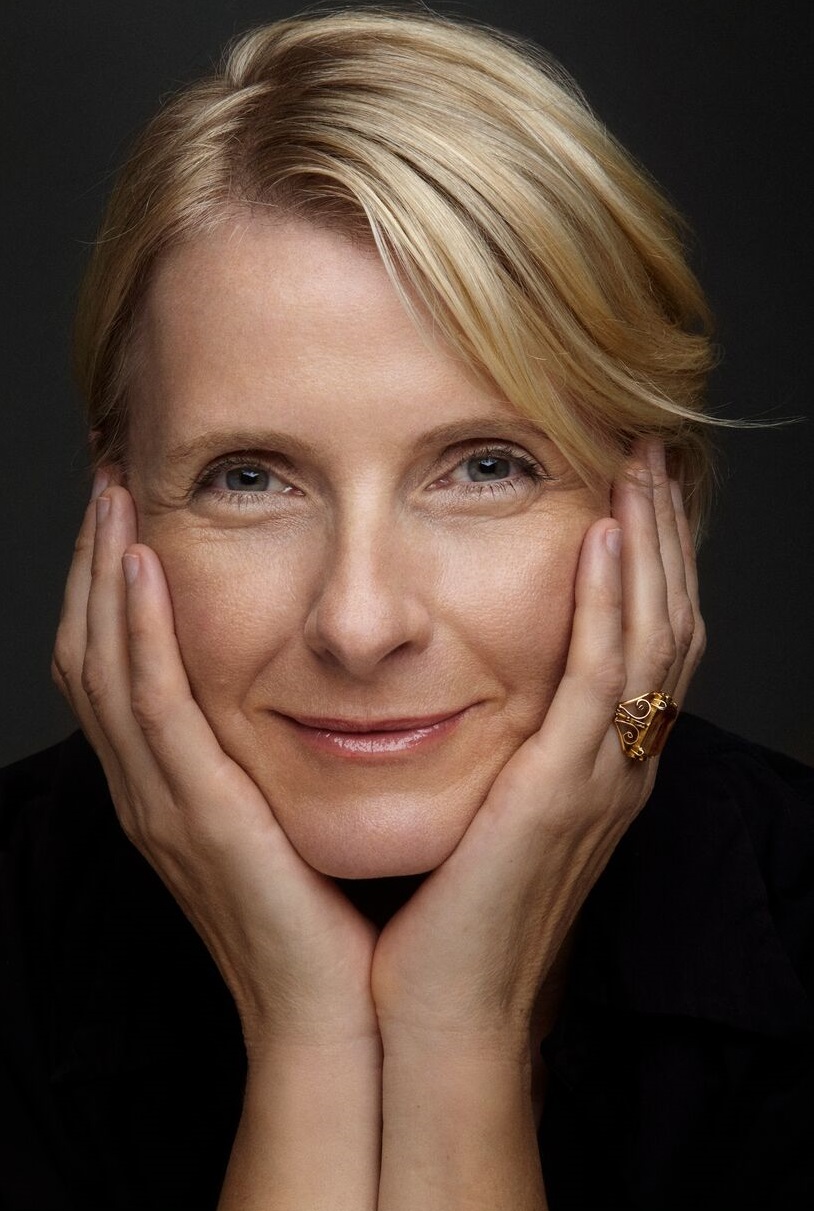
Buro. Singapore: That leads really well to our next question! You started out writing for Esquire and GQ, which are obviously for a male-oriented audience. Do you think you’ve found more liberation in switching to writing for a more female-oriented audience? Does it help you express your voice better?
Elizabeth: I started off writing for and about men. Because to me when I was 24, the best that I could come up with for what freedom looks like was ‘male-ness’. Because for most of history, that has been what freedom is. Free is the way most men get to be. I grew up learning that firsthand. The men in my family had incredible freedom that the women in my family did not have. Everything about their lives was entitled; including the entitlement to come home after their work day was over and sit down to a meal that a woman who had also worked all day, had made for them. I will say this – generally, there’s no man in history so impoverished, that he doesn’t have a woman serving him. I mean, totally. Like, no matter how low you go on the social strata, there is always a woman who is serving.
So at one time – I didn’t want to be with the women, I wanted to be with the men. I wanted to be with the ones who had autonomy. When I was a young woman, I sought out men. I sought out men because I was also boy-crazy. I was obsessed with the idea of sex and romance. It took a really long time for me to figure out how to move in the world of women and to do so freely – because all I saw was the servitude. I was scared of it and it horrified me. Now I don’t see it like that at all. In fact, I have very few men in my life anymore. It’s so amazing. It’s been this complete switch. That to me, feels like liberation.
Buro. Singapore: Finally, you’re speaking at the Singapore Writers Festival this year. What advice or insight can you give to writers in Asia looking to achieve mainstream global success, inspired by authors such as yourself?
Elizabeth: It’s such a humbling question because I don’t consider myself an expert on this landscape. But I do consider myself an expert on living a creative life and living an autonomous life. What I would tell anybody who wants to create a life of their own design, is to stubbornly resist to any theology that has being taught to you about what you’re supposed to be and why you can’t push back against it. I recently had the opportunity to speak alongside (actor, composer, playwright and singer) Lin-Manuel Miranda, who kindly invited me for an event for a foundation that he started working on. He’s using the platform to uplift amazing creators who come from a multitudes of different backgrounds and may not normally be able to get the sort of support and love they need. The one thing that I wanted to say to all of them is that – in many realms when they’re stepping into a room, they might be the only representative of where they come from. They might be the only queer person in the room, the only black person in the room, or the only Latina woman in the room. And what I wanted to say to them was, there will be a temptation and many times, they will be told: you are a representative of your culture. Your work can liberate other people and you can break down constructs – be they the patriarchy or racism, with every piece of work that you do. But it is not your job. It is not your job, as an individual or as an artist, to change this world alone. It is not your job. Rather, it is your privilege as an artist and as an individual, to look deep within yourself for whatever it is that you want to make and then make that. You don’t have to answer to anybody about it. Because you know what? Creating is hard enough.
Often I’ve been asked: do I feel that I have a social responsibility as an artist? And my answer to that is no, I don’t. I do feel that I have a social responsibility as a citizen. But I separate myself from being an artist and being a citizen. That is my belief. So, there’s a way that I show up in the world as a citizen – and that is my responsibility. But there’s also a way that I show up in the world as an artist, and the only person that I have to answer to: is me.
Elizabeth’s talk alongside all other author presentations are now available as video-on-demand via the Singapore Writers Festival. They can be accessed here.
ADVERTISEMENT. CONTINUE READING BELOW
